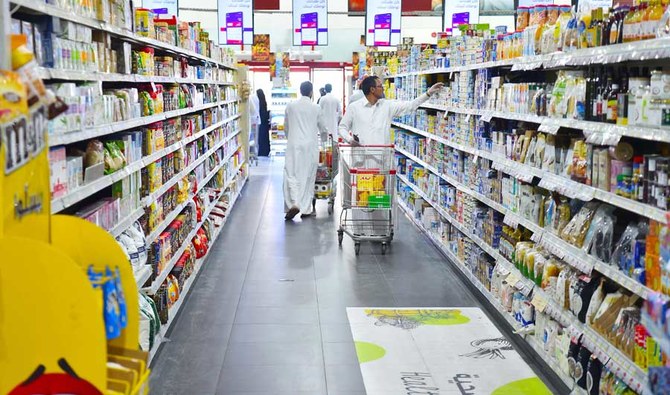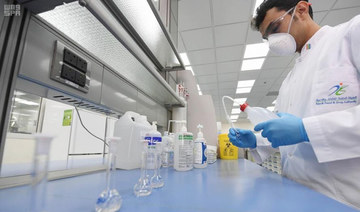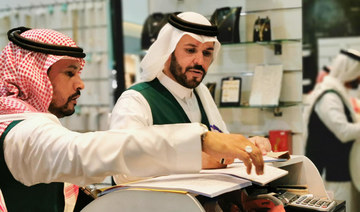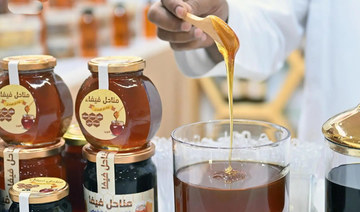RIYADH: The Saudi Ministry of Commerce is checking stocks on a daily basis and monitoring prices to ensure there is no shortage of goods or rise in the cost of essential commodities, according to Majed M. Al-Tahan, co-founder and managing director of Danube Online, the hypermarket chain.
“We have full support from the Ministry of Commerce and the Ministry of Telecommunications and they are dealing with us closely to give whatever support we need to make sure people are getting what they want,” said Al-Tahan in an exclusive interview with Arab News.
He added: “In Danube Online, we are coping with it by scaling our operations every day, we are optimizing the packing, we are optimizing the routes, we are signing up with many delivery aggregators.”
“You can see that across all other platforms the demand is very high; people are trying to get all their deals through online platforms and all the players are trying to fulfill the needs as much as they can,” he said.
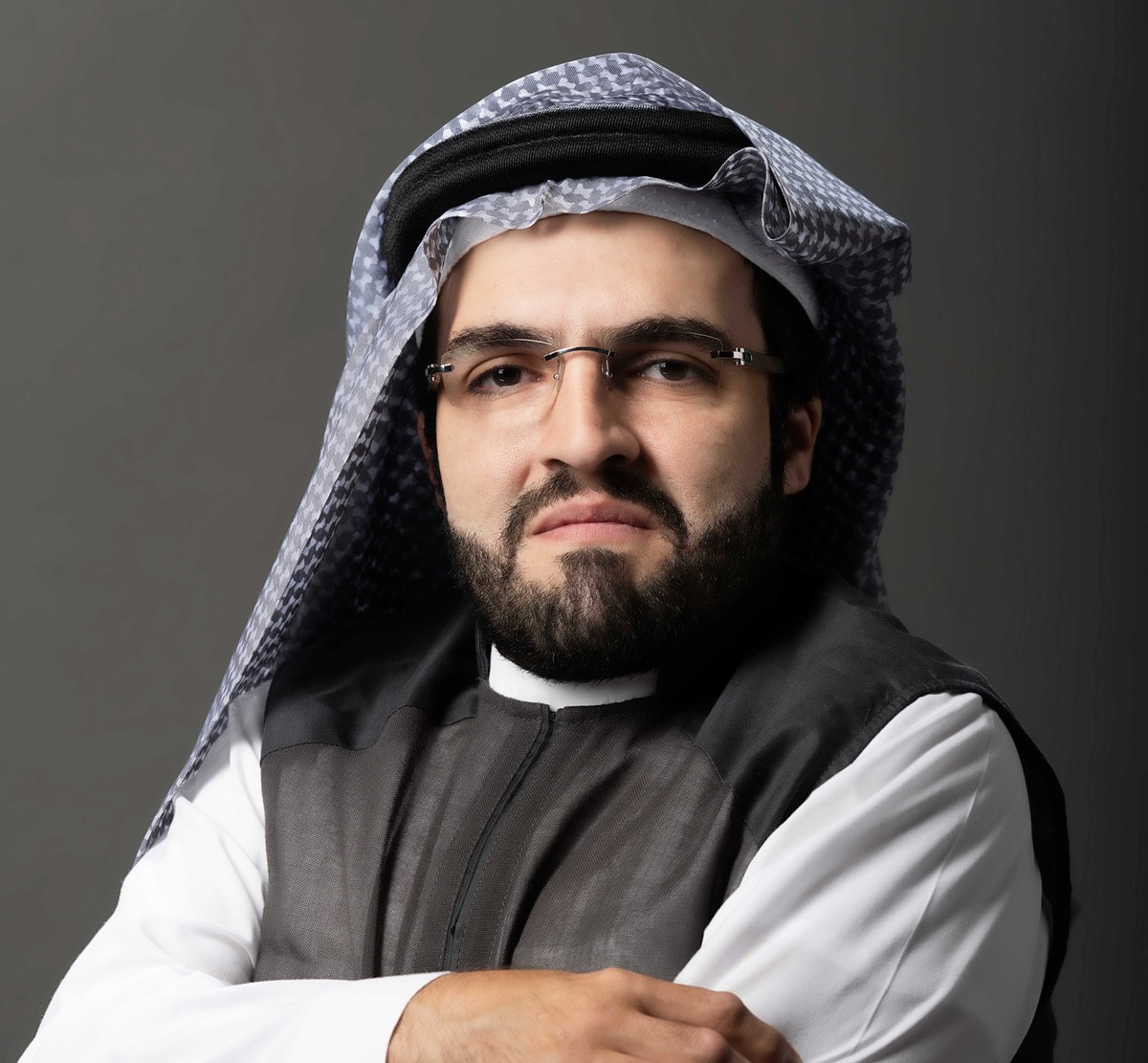
Majed M. Al-Tahan, co-founder and MD of Danube Online. (Supplied)
The response from customers was encouraging in the way that they were adapting quickly to online platforms, he said. Government authorities were asking people to stay at home and order through online platforms and delivery agencies as they were exempt from the 3 p.m. curfew measures.
On preparing staff to cope with the situation, Al-Tahan said: “We are continuously training and expanding the fleet.”
“We are having support from the scout groups through the Ministry of Commerce,” he said.
Danube was training staff in various regions throughout the Kingdom in picking and packing foods and other products, given the current fears sparked by the pandemic.
“We are in a very tricky business, we are trying to scale up with quality services and fulfilling safety guidelines,” Al-Tahan said.
“The online shopping experience is fully digital; we have stopped cash on delivery. We have stopped all our printed flyers and promotional materials and also replaced paper invoices with electronic invoices.”
“All these measures are to ease the operations and try to adapt as soon as possible because we don’t have time and need to comply with it,” he said.
Al-Tahan said that the hypermarket chain was dealing with very high demand.
“With Danube Online and the Danube app, in approximately the last 10 days we have seen average daily sales up over 200 percent and average order value up 50 percent compared to the same figures in February 2020.”
HIGHLIGHTS
• People are trying to get all their deals through online platforms and all the players are trying to fulfill the needs as much as they can, says Majed M. Al-Tahan.
• The response from customers was encouraging in the way that they were adapting quickly to online platforms, he says.
• Government authorities were asking people to stay at home and order through online platforms and delivery agencies as they were exempt from the 3 p.m. curfew measures.
Al-Tahan said that the number of app installations had jumped — nearly 400 percent higher compared to February.
“Trends wise, and what we have seen across our Danube Online product category sales (using similar dates as previously mentioned), the absolute top riser is body care, up by 461 percent, tissues and paper towels up by 160 percent, daily essentials up by 145 percent alongside a massive spike in beauty/personal care up by 208 percent and canned food up by 270 percent,” he said.
“Regular foods such as fruit and veggies are up by over 50 percent, dairy products are up by over 80 percent and cleaning and washing products are up by over 120 percent.”
He said that people were not panic buying or stocking up and buying in high quantities. “(They are) doing regular shopping as we see in the consumer’s behavior, having faith in retailers and assurances by the authorities,” he said.
Stocks were fully available, even of imported goods. He attributed the abundance of goods to the preparation people usually make for the holy month of Ramadan.
“This is the Islamic month of Shabaan, ahead of the holy month of Ramadan, so stocks are fully available and people need not to worry about it.”
Prices and stocks are being monitored regularly by the authorities to ensure stability in supplies according to consumer demand, he said.
“The Ministry of Commerce checks out stocks on a daily basis, monitoring the prices as well to ensure there is no spike in prices and shortage of goods,” he said.
Al-Tahan said that stores started online delivery after 3 p.m. due to regular offline shopping before the curfew hours.
Every retailer was committed to providing customers with essential products, he said, adding that the company was working as a partner in the retail business to serve customers, not as a competitor.
“We talk and work closely. We have our WhatsApp group, we do video conferencing and share our challenges to overcome it, and this is all to serve the people best.”




